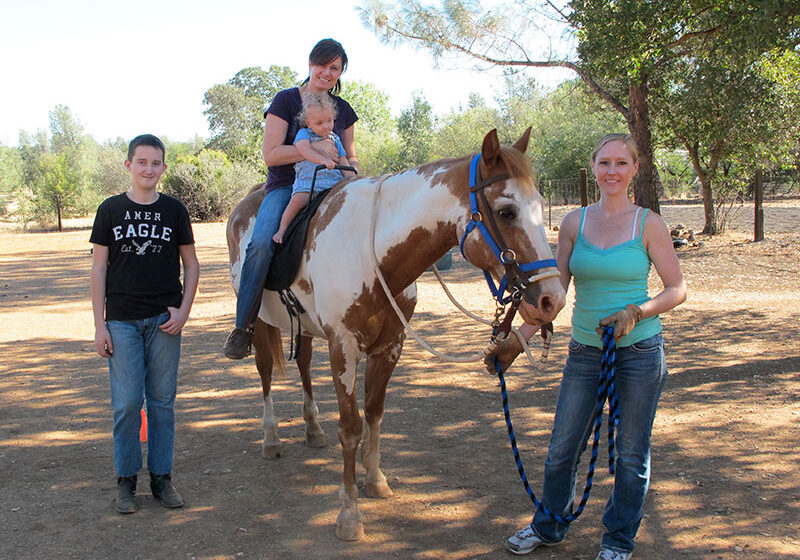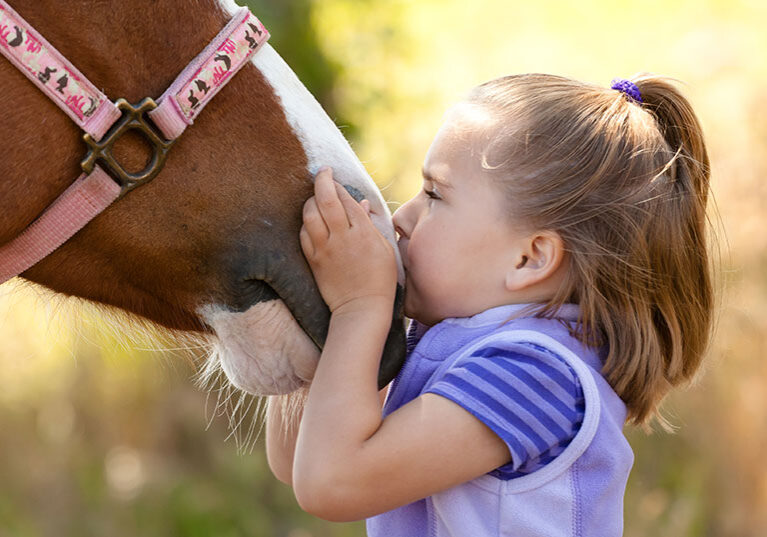You might already live a “greener” life by taking reusable shopping bags to the store, recycling newspapers and composting kitchen scraps. But what about your pets? Do they really need a toy-of-the-month-club subscription, seasonally themed collars or cute outfits for springtime? Chances are, you bought these products because you like them. The bright side? You’re keeping the pet product industry alive. The downside? Buying products that you don’t need and will eventually throw away hurts the environment.
According to Stephanie Feldstein, author of The Animal Lover’s Guide to Changing the World, human over-consumption spills over to pets and wreaks havoc on the environment. She reminds us that everything comes with a production cost, whether it’s to our water system, our air quality or the destruction of wildlife habitat.
Feldstein advises pet parents to stick with the basics. Besides your love and attention, your pet needs a safe home, a comfortable place to sleep, a fresh bowl of water and nutritious food. “Toys keep pets active and mentally stimulated, food fuels their bellies and leashes keep them safe,” says Feldstein. “But Halloween costumes?”
To reduce your environmental footprint as a pet owner, follow these tips.
Prevent pet overpopulation.
The world doesn’t need unwanted litters; it needs homes for the animals that are already here. Spay or neuter your furry friend! Many shelters won’t let you adopt a pet unless it’s spayed or neutered. Spring for the fee to ensure your pet can’t reproduce or look for a low-cost spay/neuter clinic.
Don’t buy a dog or cat from a pet store or breeder.
Avoid pet stores and breeders that focus on breeding animals for profit. Millions of pets languish in shelters and rescue facilities just waiting for a forever home. Sadly, according to the American Society for the Prevention of Cruelty to Animals, approximately 1.5 million shelter animals— 670,000 dogs and 860,000 cats—are euthanized each year.
Why spend hundreds of dollars for a specific breed when you can get a lovable, furry companion for a small adoption fee. Visit your local animal shelter to find the perfect pet for your family and support the good work they’re doing. Not sure where to look? Go to petfinder.com
Buy reusable and eco-friendly pet supplies.
When you do buy pet products, look for green solutions made by eco-conscious companies. For example, when house-training your puppy, skip disposable “puppy pads” and use machine-washable ones. If you need grooming products, look for natural products safe for kids, pets and the environment. Baking soda goes a long way in eliminating pet odors.
Ditch the pet-waste bags.
You don’t need to buy a special product to pick up dog or cat poop. Use a scoop to transfer backyard dog waste or cat litter box waste directly into a garbage bag already filled with trash. Or, use a sheet of newspaper to pick up poop. If you opt for bags, reuse those you get from stores.
When taking your dog for a walk, don’t leave pet waste on the ground. According to Tricia Lynn, Office of Public Affairs at the Environmental Protection Agency, it poses a risk to public health due to the bacteria it contains. Rain can wash pet waste into the storm drain and carry it to local bodies of water.
Bring your own pet bowl.
While you do want to keep your pet hydrated when you’re out of the house, don’t waste money on disposable water bottles. Bring a water bowl from home to make sure your pet can take a drink wherever she goes.
Take the DIY approach with pet toys and supplies.
Instead of spending money on chemical-laden plastic and rubber pet toys, repurpose common household items to craft playthings for your pets, always keeping safety in mind.
For cats, build a scratching post from leftover wood, wrapping the post in rope. Or throw an empty toilet tissue tube on the ground for kitty to bat around.
For dogs, a backyard stick or old tennis ball provides the perfect way to play fetch. Dogs like to play in large boxes with access holes. Hide treats inside for a surprise!
For a comfortable pet bed, use an old, washable bed pillow for smaller animals, or fold up a washable blanket you already own.
Buy often-used pet supplies in bulk.
When you do purchase needed items such as cat litter or pet food, buy large bags and containers. Besides reducing your trips to the store which saves time and gas, buying in bulk cuts down on the packaging you’ll throw away. Some pet stores, like Petco, offer refillable cat litter stations where you can reuse the same container for buying more cat litter.
Follow the above tips and, with minimal effort, you can go green and take care of both your pet and the environment.
Eco-Friendly Guide to Pet Waste
- Always pick up after your pet.
- Avoid walking your pet near streams and other waterways. Instead, walk them in grassy areas, parks, or undeveloped areas.
- Inform other pet owners of why picking up pet waste is important and encourage them to do so.
- Take part in a storm drain marking program in your area to help make others aware of where pet waste and other runoff goes when not disposed of properly.
Source: Environmental Protection Agency
Posted in: Animals
Comment Policy: All viewpoints are welcome, but comments should remain relevant. Personal attacks, profanity, and aggressive behavior are not allowed. No spam, advertising, or promoting of products/services. Please, only use your real name and limit the amount of links submitted in your comment.
You Might Also Like...
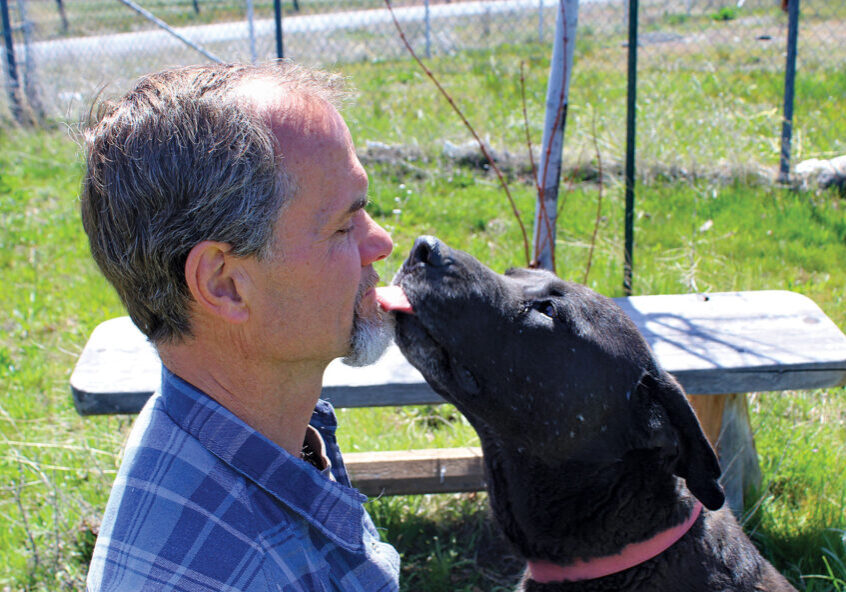
Rescue Ranch: Saving Dogs and Changing Lives
If you, like me, are a dog lover, you’ll want to know about the Siskiyou County no-kill dog shelter and sanctuary, Rescue Ranch. I recently spent a morning at the […]
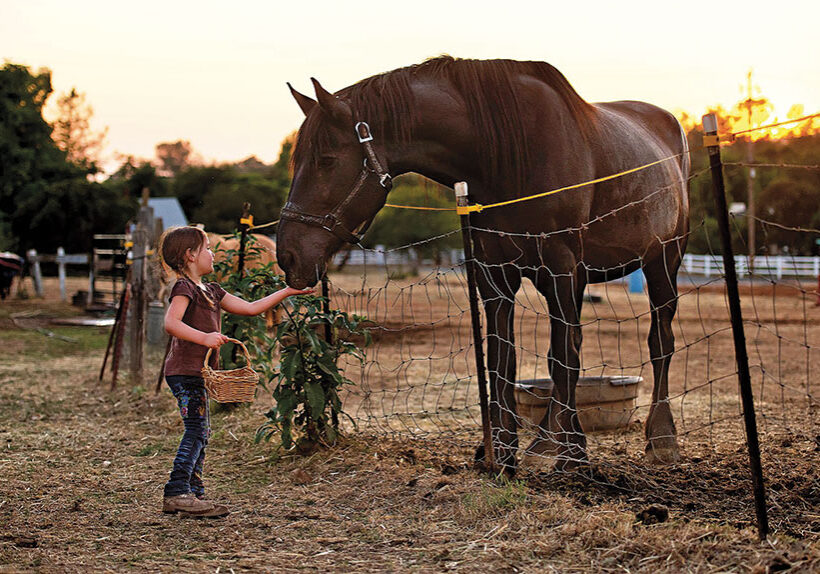
Horses & Hoofprints on Hearts
Horses In The North State Provide A Multi-Faceted Education For Kids A meme is floating around the internet featuring an image of two pictures of horses. The first picture depicts […]
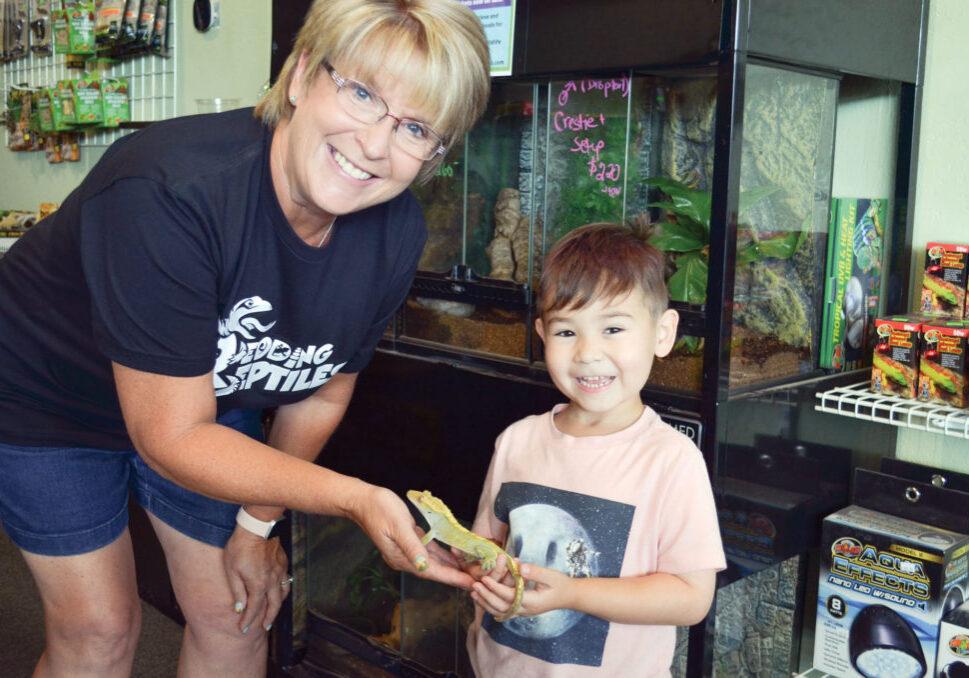
Pets Are Good Helpers For Kids with Anxiety
Our daughter was just two years old when she started asking for a pet. Her requests ranged from wanting dogs, cats and rabbits to goldfish. We honored her wish for […]
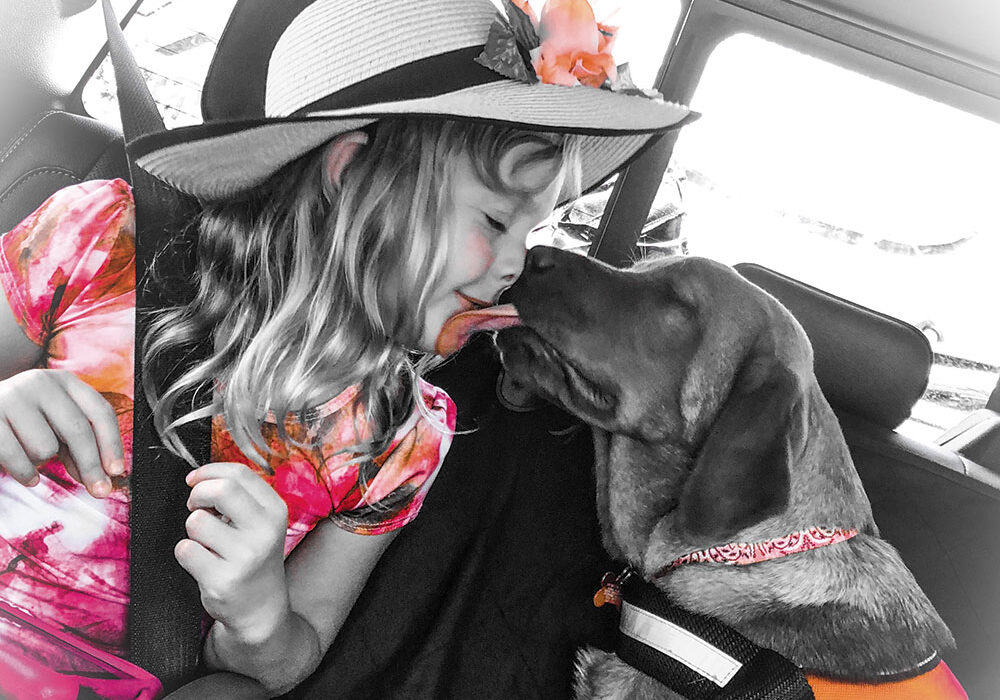
Is Your Family Pet a “Canine Good Companion?”
Anna Hemstalk, of Hemstalk Canine Companions, is an inspirational voice in her chosen field. She is an American Kennel Club evaluator and trainer, committed to the positive influence she knows […]

